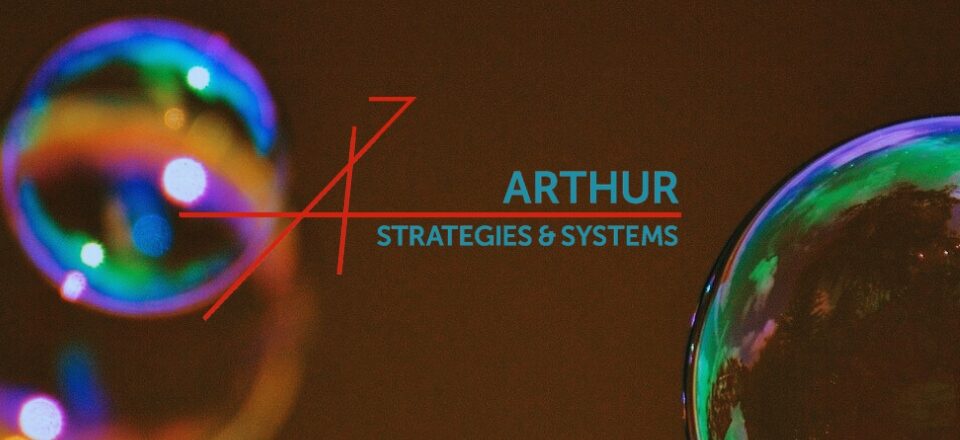You were recently elected as Co-Chair of the Cloud-Edge Working Group of the European Alliance for Industrial Data, Edge and Cloud. In which way is this initiative crucial in the current technological and geopolitical context?
The European Alliance for Industrial Data, Edge and Cloud has a unique role. Established in 2021 with the consensus of all 27 Member States, it unites efforts to design, procure, deploy, and sustain future-proof, resilient, interoperable, climate-neutral, trustworthy, agile, and competitive data processing, edge and cloud infrastructures, ecosystems, and services. With the European Commission as facilitator, Member States as members, and leading industry experts in the Cloud-Edge WG, it is a truly joint undertaking. I am honoured to serve as Co-Chair.
Unlike earlier initiatives since 2012, this Alliance has a solid structure that enables designing detailed value and business models, including investment and implementation roadmaps, to actually deploy these capacities across public administrations, businesses, and society at large.
Its strong footing makes it well-positioned to address technological and geopolitical dynamics, while advancing EU competitiveness, societal challenges, and major objectives such as the Digital Decade 2030, the European Declaration on Digital Rights and Principles, the Sustainable Development Goals (SDGs), and the Paris 2050 goals. Crucially, all this is co-created, procured, deployed, and sustained at Union level, in line with EU values and the Rule of Law by design and by default.
For the Alliance’s Edge-Cloud Strategic Roadmap delivered in July 2023, I led the chapter on Digital Sovereignty. Building on over a decade of work in areas such as cybersecurity, supply chain resilience, critical infrastructure risks, interoperability, cloud switching and exit strategies, algorithmic transparency, and accountability, we defined digital sovereignty as a multidimensional, dynamic, and omnipresent concept. Narrow definitions only create loopholes; it must be addressed holistically.
In the subsequent Thematic Roadmaps and Inputs I have contributed to, including the recent ones on Open Source in EU’s digital sovereignty and competitiveness, and Common Trust Principles in and between digital ecosystems, as well as a previous one on Edge/Telco Cloud, we have further built on these notions.
Digital sovereignty cuts across the full lifecycle of digital products, systems, and services: from strategic planning, investment, procurement, development, and deployment to operations, maintenance, incident response, recovery, re-use, and decommissioning. It shapes principles, requirements, and policies needed to reach Europe’s sovereign levels of data processing and infrastructures, aligned with the Competitiveness Compass, Digital Decade 2030, and EU’s Fit for the Digital Age.
It must not be treated passively or defensively. It is about avoiding digital colonialism or feudalism, safeguarding dignity, values, competitiveness, and control over data. Running infrastructure on EU soil is not enough: true sovereignty means continuous control, independence, freedom from external influence, and the ability to pivot and improve across all layers; individual, organisational, societal, Member State, and Union.
The Alliance’s role is to help Europe move from observer to protagonist. We cannot remain victims or limit ourselves to talk; we must act together. On the positive side, digital sovereignty means building strong capabilities, investing in Research & Development, co-creating, focusing on quality, learning, and sustaining progress. It is a complex challenge with no single solution-success depends on joint effort. Digital sovereignty is, above all, a team sport.
How important is it to foster a model of joint technological innovation for strengthening the global competitiveness of the EU industry?
As mentioned above, it is not only important to foster collaborative EU co-creation and address societal challenges, create opportunities and further improve the quality of life. It is an essential success factor.
The public sector increasingly relies on the private sector to support their needs to create and sustain societal-centric, people- and public services-oriented ecosystems of digital ecosystems. It is sometimes even made mandatory; the Data Governance Act calls that GovTech. Hence, robust technologies based on European societal and economic values are essential for successful digitalisation of the public sector and society.
People and institutions deserve trustworthy systems built on values, trust and accountability. Although some say differently, these are already available in today’s Digital Age. However, designers, developers and providers who ensure consistent trustworthiness need equally reliable partners on the demand-side to co-create long-term and otherwise sustainable products, systems and services. Trust is consistency over time. It is a two-way street that requires teamwork, co-investment, and shared accountability, on both sides of any market.
By placing people at the centre of such digital ecosystems, trust and trustworthiness empowers and defends key values, including human, economical, ecological and related societal values, in a future-proof and dignified fashion.
How do you expect the new European highly distributed, multi-provider cloud infrastructure that projects like the IPCEI-CIS are building to speed up the consolidation of the Edge Computing paradigm?
Considering my previous points, you can be sure I am a fan of such multi-country, Union-level (and EU/EEA and other EU partner) programs and related projects.
Nevertheless, markets and ecosystems include demand, supply, and user sides, as well as other stakeholders like society, policymakers, authorities, taxpayers, and investors. For IPCEI-CIS, upcoming IPCEIs, and other multi-country programs, I advocate engaging and empowering all stakeholders at the right time, fostering collaborative trust, and building sustainable EU markets.
For instance:
- Customers should be able to understand, appreciate and ascertain the appropriate levels of trust and related trustworthiness of public-private collaborative digital (eco)systems, data flows and services such as the EU highly distributed, multi-provider cloud edge infrastructure of IPCEI-CIS.
- Public and private procurement bodies, including CIO/CFO/CxO departments, need guidance to prioritize quality over price, so they can procure, co-create, and help implement, sustain, and improve trustworthy and collaborative digital ecosystems, data flows, and services.
- Collaborative EU providers, such as designers, engineers, integrators, and other partners, including investors, also need clear guidance so they can understand, value, and invest in these initiatives. This enables them to co-create, implement, deliver, sustain, and improve digital ecosystems, data flows, and services in a trustworthy and collaborative way.
- Policy makers and authorities should be able to understand, give guidance and monitor which appropriate contextual (existing, upcoming or envisioned) policy initiatives and instruments make sense, are feasible and should be implemented and optimised.
Technological challenges aside, what do you think is the main digital policy aspect related to cloud/edge computing that the EU should address in the short-mid term?
Thinking that we can address these major EU, global and other intertwined economical, ecological and other societal challenges by doing more of the same and with that we will get a different outcome, is a low probability success strategy. We have to get out of our comfort zones. We have to be willing to try new, alternative approaches to provide these essential digital products, systems, services and data sharing to the public, while improving and sustaining the quality of life and the planet.
However, people and the ecosystems we live in, in this Digital Age, have great capabilities to improve and sustain the quality of life for all. If we interact and team up. As we face and urgently need to deal with many challenges, we need a climate for change.
So, accruing these and all my other points above, I would urge every Alliance member and other colleagues involved, whether from the Cloud-Edge Industry Working Group as well as the Member States Working Group, to fully focus on walking the walk (while continuing to talk). It is high time for joining forces, action and execution. We should be more aware, less risk-averse, more proud and visible of what we can achieve together.
From Acts, to actionables, to action. Starting today.
With this mindset, Europe has great capabilities to lead, and the Alliance and all members have an important role – and in my view also a moral obligation – to play here. The upside and other benefits are enormous, also as trustworthy exports and offerings outside of the EU.

Arthur is the Managing Director of Arthur Strategies & Systems headquartered in Amsterdam 🇳🇱 the independent, global strategic legal advisory and knowledge partner. The company covers the unique combination of addressing societal challenges, technology, strategy, impact, ethics, policy and law focusing on (inter)national, regional and global strategy and policy aspects in this Digital Age, Twin Transition and Space Era. He has served as a key advisor to the European Commission on cloud computing, IoT, data, cybersecurity, digital sovereignty and accountability. He has been and participates in various standardisation and other policy working groups, and is active member of the European Commission’s Expert Group on Data Sharing and Cloud Computing Contracts.
This guest blog post is part of a series of interviews with EU industry leaders and technology experts carried out by OpenNebula Systems as part of the NexusForum.EU project [2024–2026], a Coordination & Support Action co-funded by the 🇪🇺 European Union’s Horizon Europe research and innovation programme under Grant Agreement 101135632 and by the 🇨🇭 Swiss State Secretariat for Education, Research, and Innovation (SERI).



0 Comments